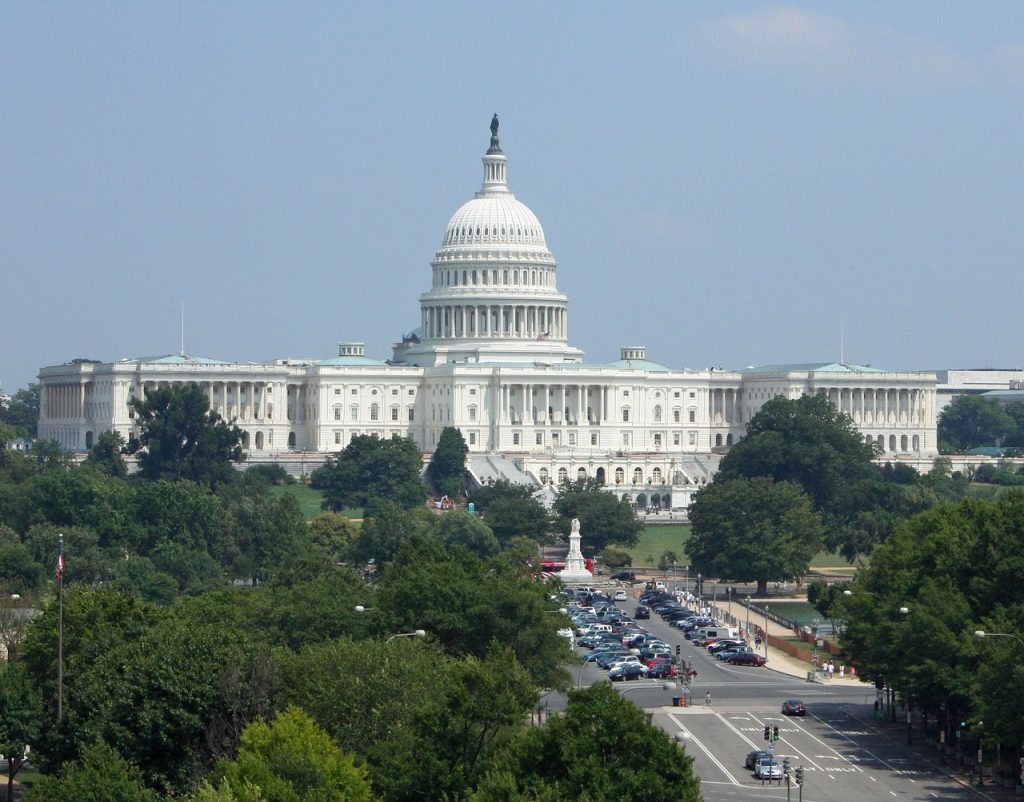
Governmental regulation is crucial to the control of various sectors, such as tow truck businesses in cities like San Jose. Here are some ways in which governmental regulation affects San Jose towing industries within the area (visit http://sanjosetowing.org/ to learn more).
Compliance
Towing businesses in San Jose have to comply with some specific regulations developed by local government bodies. They include licensing requirements for towing operators, vehicle storage facilities, and pricing transparency, among other areas.
This ensures that they operate legally and ethically, preserving their standards that protect both consumers and themselves.
Consumer Protection
One of the areas where governmental oversight often intervenes is consumer protection. Such include clear signage on towing fees, anti-predatory practices, or fair treatment of vehicle owners, among others, in San Jose.
These measures are meant to prevent exploitation and ensure that the towing companies operate with integrity.
Operational Standards
Oversight also sets operational standards for towing practices. These include handling procedures for vehicles, conditions for storing them, and using proper equipment. By making these practices uniform, the government seeks to enhance safety within the public while reducing risks related to damage to or loss of cars being towed.
Environmental Impact
There is an environmental element to consider when it comes to towing operations, such as vehicle emissions or waste disposal. The government may set out rules relating to this aspect, including disposing of hazardous materials from vehicles properly or promoting the use of low-emission tow trucks, among others.
This way, it ensures business sustainability through eco-friendly policies.
Impact on Business Viability
The viability of tow trucking businesses can be affected by strict governmental oversight. Complying with such rules may necessitate expenses associated with training programs, upgrading equipment, and paying administrative charges either annually or monthly.
This might mean adjusting business operations due to regulatory changes, affecting profit margins and competitiveness in markets.
ALSO READ: Unlocking the Power of Private Investigators in Politics
Political Influence
Political decisions and lobbying efforts can significantly shape towing regulations in San Jose. Stakeholders ranging from industry associations, consumer advocacy groups, and individual companies are usually engaged in policy dialogue with policymakers to influence legislative outcomes.
Understanding the political landscape is crucial for towing businesses to navigate regulatory changes effectively.
Enforcement and Accountability
Effective oversight is achieved through enforcement mechanisms that ensure compliance with regulations. In San Jose, there are agencies responsible for monitoring towing activities, investigating consumer complaints, and imposing penalties for violations.
This ensures accountability in the tow industry as well as maintaining public confidence in regulatory processes.
Adaptation to Technological Advances
Government may also have a stake in such areas of new technologies in this respect like GPS tracking-enabled towed vehicles or digital communication systems among others. These regulations will promote adoption of technology enhancing transparency, efficiency and customer service within the sector.
Challenges and Opportunities
Besides posing challenges, governmental oversight creates opportunities for tow truck companies that differentiate themselves through exemplary compliance, ethical practices, and customer-focused service.
Being proactive about meeting market requirements under regulation would establish credibility while assuring long-term performance.
Future Outlook
The state of government oversight over San Jose’s towing sector is subject to change. Anticipating future regulatory trends, such as vehicle technological advancements or environmental policy shifts, will enable towing firms to remain agile and responsive, addressing emerging challenges and opportunities.
Conclusion
Government oversight highly influences San Jose’s towing businesses on behalf of fairness, safety, and environmental responsibility through establishing regulatory frameworks. Adherence to these laws requires diligence, flexibility, and sound knowledge about politics and positioning for what is yet to come.




